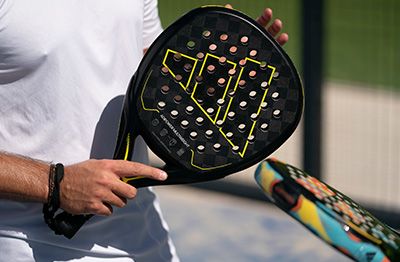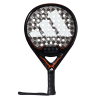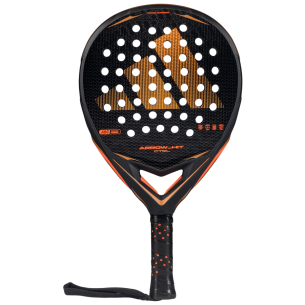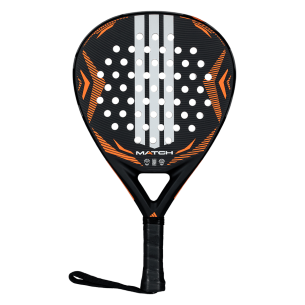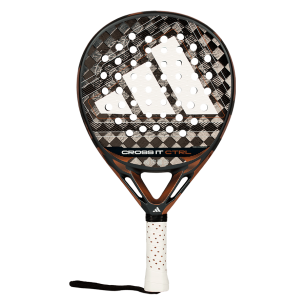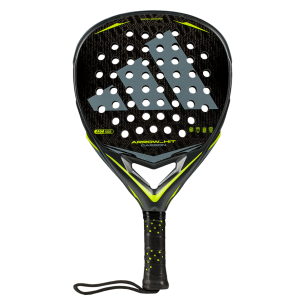
Concrete or glass walls: How do they affect your padel game?
There are many factors that can impact how you approach a padel match. On our All For Padel blog, we’ve covered the differences between different rackets and which one you should choose depending on whether you prefer an attacking or controlled approach. We’ve also looked at how temperature can affect your game.
Today, we are going at another important factor to consider - playing on a padel court surrounded by glass walls or concrete ones. Let’s take a closer look.
Glass is the trend in recent years
The trend over the past few years has been to install glass walls, but there are still clubs, sports centres and other settings with concrete walls, and even official competitions are still played on this type of court. Leaving aside the economic issue, this trend is based on aesthetics, greater comfort for the spectator who attends the matches in person and above all, to allow greater camera access for audiovisual media and television.
The type of wall has an impact on the game itself too - not just for the spectators - so players should be aware of what to expect.
The following are the key differences between a glass wall and concrete wall on the padel court:
- THE CAPACITY OF FLEXION: The glass (tempered glass) is more flexible than the wall (concrete) so the ball bounces more on a glass wall. You’ll need to have faster reactions, so it may suit players who enjoy a quicker, more attacking approach. If you play on a court with concrete walls, watch out for any funny bounces if the ball hits the gaps between the bricks.
- THE ROUGHNESS: The concrete wall is rougher than the glass so the ball will grip the wall more and the effects that we give to the ball will be more accentuated. This can be helpful for practising your different array of shots and improving your technique.
- TRANSPARENCY: On glass courts it is more difficult to read the bounce, direction and depth of the ball because we have visual contact with the outside. For this same reason our concentration in the game is usually greater on a concrete court as, whether we like it or not, we are more isolated from the outside and less exposed to diverting our attention.
- SENSITIVITY TO WEATHER: Glass courts are much more sensitive to weather conditions, making it very difficult to play in conditions of rain, humidity or very low temperatures, because the ball slips when it comes into contact with the glass and sticks to it. Under these circumstances it is even more important to stay at the net as long as possible (for this you can move back a metre your position at the net) and if it is logical that the opponent has the same objective and we have to defend, and try to get the ball to touch the glass as few times as possible. On the other hand, on concrete courts and under these conditions we will hardly notice any difference in the bounce of the ball.
As you can see, glass walls or concrete walls present their own challenges that you will need to adapt your style too. Keep an eye out on our blog for more tips about playing padel, and in the meantime, get out on court - concrete or glass walls - and get practising for the different styles.
